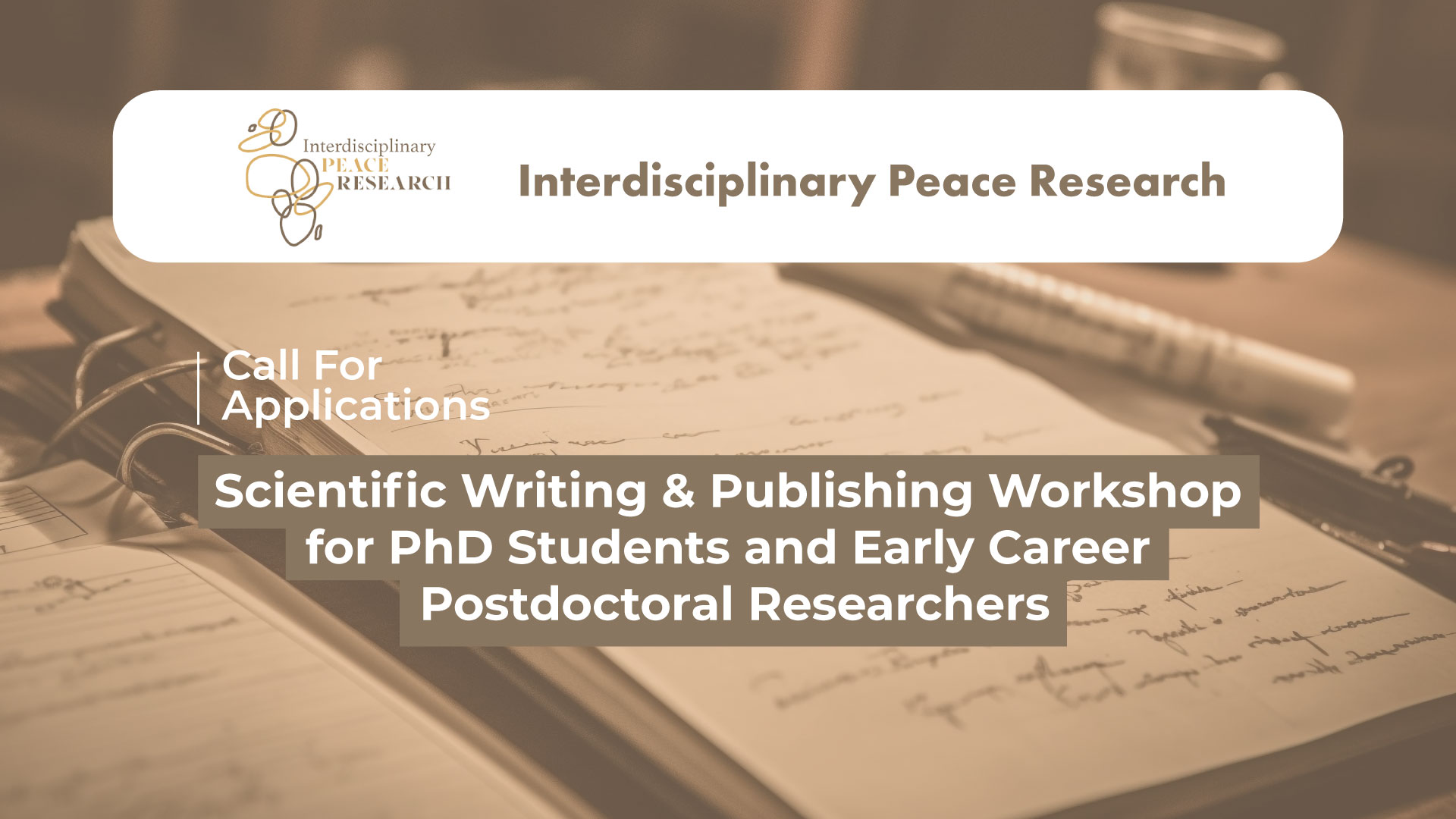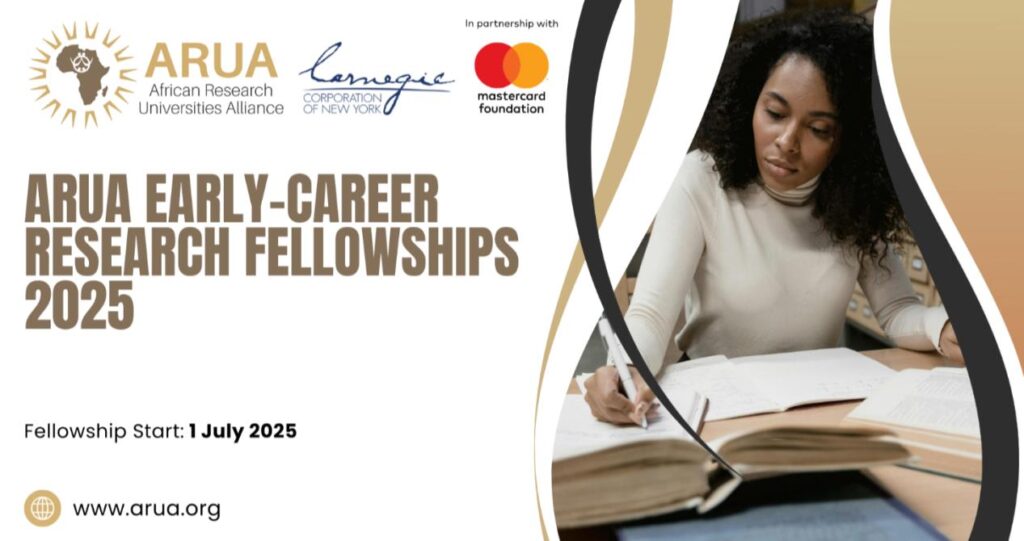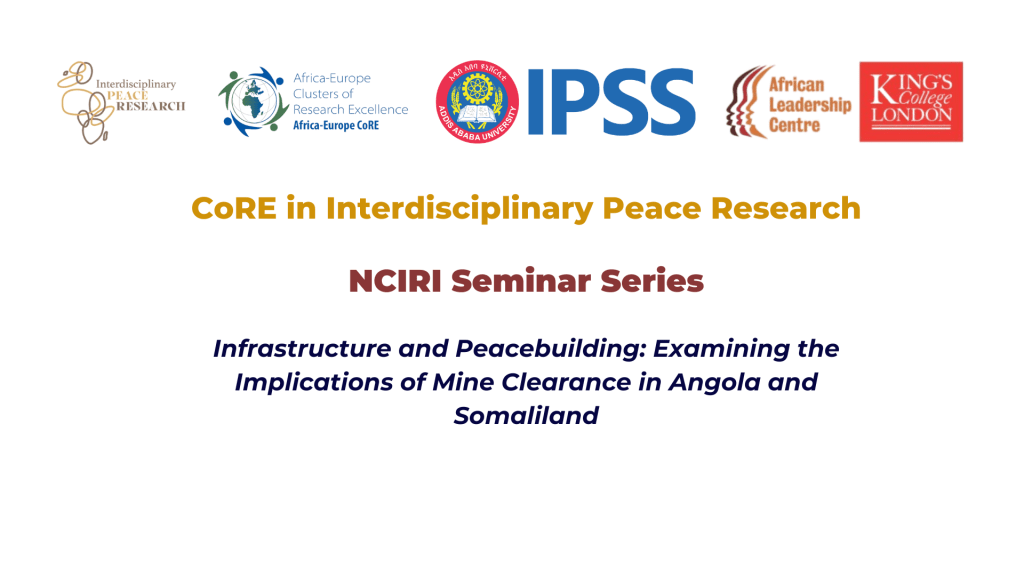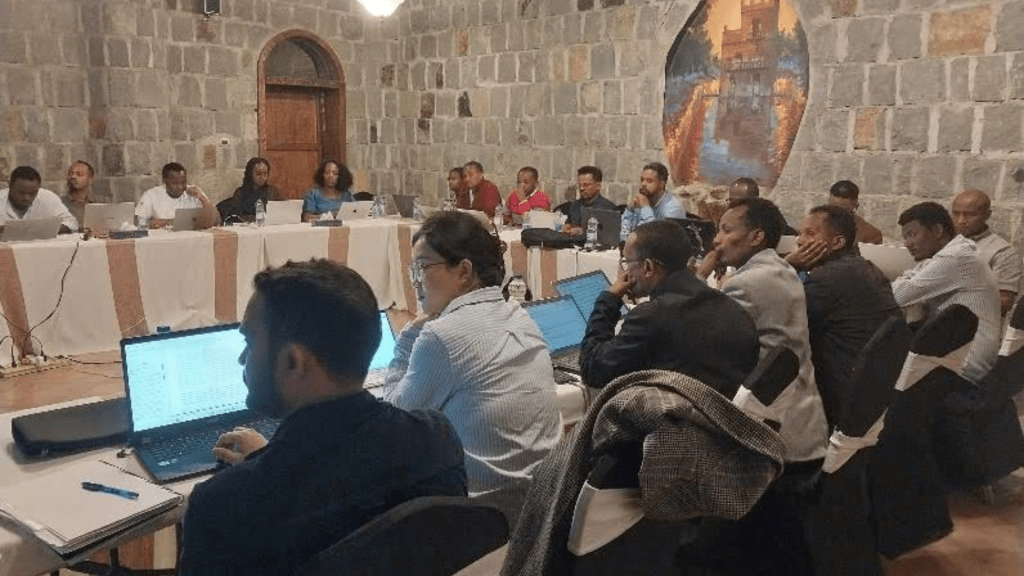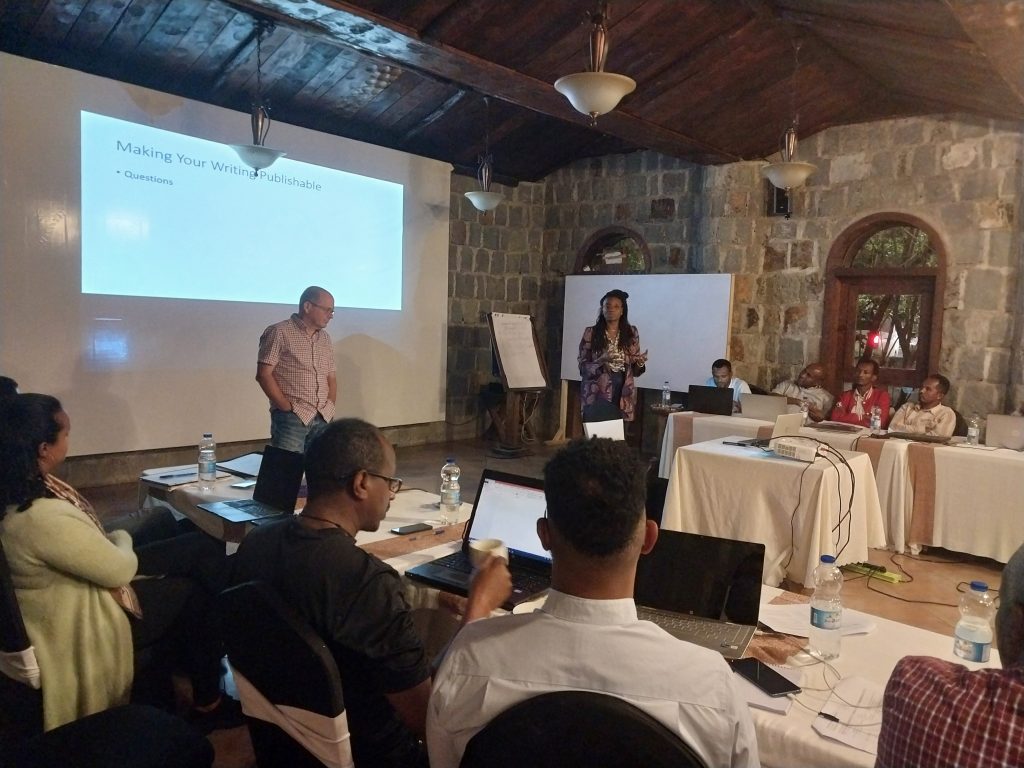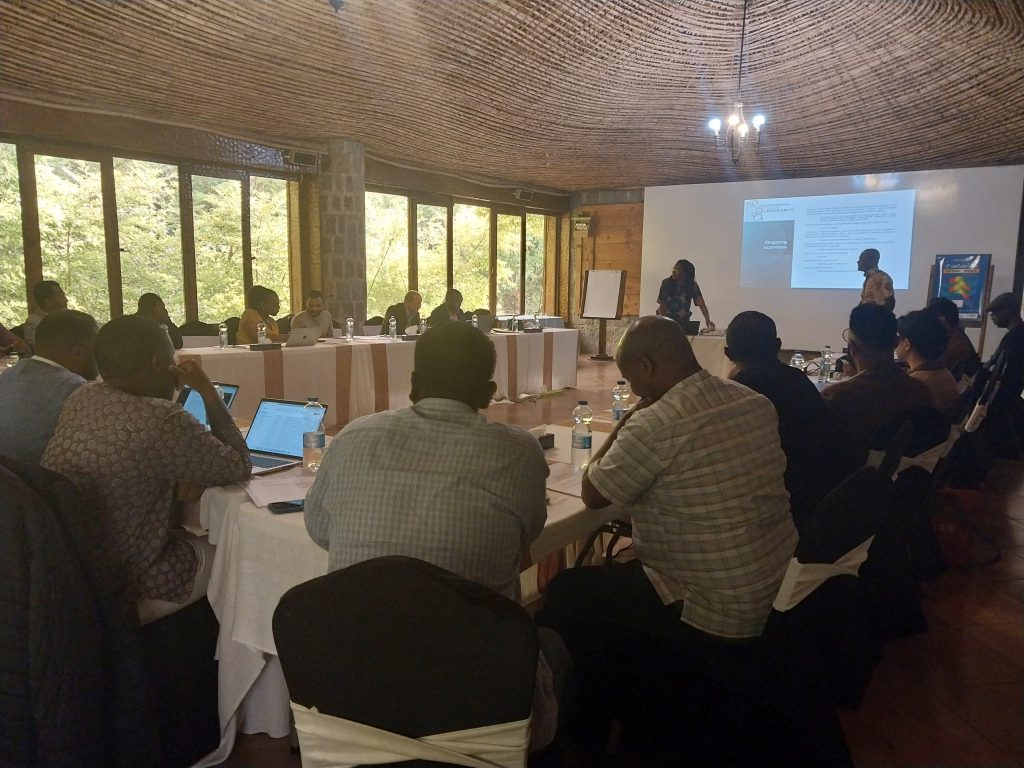The African Research Universities Alliance (ARUA) and the Guild of European Research-Intensive Universities launched twenty Africa-Europe Clusters of Research Excellence (CoRE) in the summer of 2023. These clusters are intended to address key societal and scientific challenges through scientific excellence and equitable partnerships, with each cluster having a long-term plan for research, education, and capacity building.
The CoRE in Interdisciplinary Peace Research is co-led by King’s College London and Addis Ababa University and currently has about 15 institutional members. This includes Makerere University, University of Lagos, University of Ghana, University of Oslo, Ghent University, University of Nairobi, University of Pretoria, University of Cape Town, University of Dar es Salaam, University of Warwick, and Obafemi Awolowo University.
The CoRE in Interdisciplinary Peace Research is organizing a workshop on Scientific Writing and Publishing from 1st–3rd July 2024, in Bishoftu, Ethiopia. The workshop is modelled as a writing boot-camp: first, participants will receive lectures on methodology and writing skills, have tailor-made one-on-one tutoring, and be paired with others for peer-to-peer learning; second, there will be an opportunity for a self-paced write-shop to refine existing articles or thesis towards publishable standards or to draft new ones for review and tailor-made feedback from a mentor.
To be eligible to participate in the workshop, applicants should fulfil one of the following requirements. (1) Should be enrolled in a PhD programme in the social sciences or peace and security studies and be registered as a PhD candidate at an African university; (2) an applicant can be an early-career postdoctoral researcher based at an African university, within three years of completion of their PhD; or (3) a prospective doctoral candidate who can provide a letter of support from a potential supervisor based at an African university.
Applicants must send the following documents by 10th June 2022 to research@ipss-addis.org.
- A motivation letter highlighting how the applicant will benefit from the workshop.
- Letter of admission to a PhD programme or evidence of graduation from a relevant PhD programme, in or after 2022.
- A recommendation letter from a PhD supervisor or employer or a letter of recommendation from a potential supervisor based at an African university (for prospective doctoral candidates).
- Brief curriculum vitae (less than 3 pages), highlighting any publications.
- For PhD candidates or early career postdoctoral researchers: a draft article or PhD chapter (maximum of 8,000 words, including references) that the applicant aims to work on and improve to publishable quality during the workshop – this can be a work in progress (not a literature review). If you have yet to enrol in a PhD programme, submit a draft exposé of your proposed PhD project.
Accommodation and meals will be provided by the workshop organizers in Bishoftu. Funding for travel (domestic and international) to and from the workshop venue is not available.
We particularly encourage female applicants.
The African Research Universities Alliance (ARUA) and the Guild of European Research-Intensive Universities launched twenty Africa-Europe Clusters of Research Excellence (CoRE) in the summer of 2023. These clusters are intended to address key societal and scientific challenges through scientific excellence and equitable partnerships, with each cluster having a long-term plan for research, education, and capacity building.
The CoRE in Interdisciplinary Peace Research is co-led by King’s College London and Addis Ababa University and currently has about 15 institutional members. This includes Makerere University, University of Lagos, University of Ghana, University of Oslo, Ghent University, University of Nairobi, University of Pretoria, University of Cape Town, University of Dar es Salaam, University of Warwick, and Obafemi Awolowo University.
The CoRE in Interdisciplinary Peace Research is organizing a workshop on Scientific Writing and Publishing from 1st–3rd July 2024, in Bishoftu, Ethiopia. The workshop is modelled as a writing boot-camp: first, participants will receive lectures on methodology and writing skills, have tailor-made one-on-one tutoring, and be paired with others for peer-to-peer learning; second, there will be an opportunity for a self-paced write-shop to refine existing articles or thesis towards publishable standards or to draft new ones for review and tailor-made feedback from a mentor.
To be eligible to participate in the workshop, applicants should fulfil one of the following requirements. (1) Should be enrolled in a PhD programme in the social sciences or peace and security studies and be registered as a PhD candidate at an African university; (2) an applicant can be an early-career postdoctoral researcher based at an African university, within three years of completion of their PhD; or (3) a prospective doctoral candidate who can provide a letter of support from a potential supervisor based at an African university.
Applicants must send the following documents by 10th June 2022 to research@ipss-addis.org.
- A motivation letter highlighting how the applicant will benefit from the workshop.
- Letter of admission to a PhD programme or evidence of graduation from a relevant PhD programme, in or after 2022.
- A recommendation letter from a PhD supervisor or employer or a letter of recommendation from a potential supervisor based at an African university (for prospective doctoral candidates).
- Brief curriculum vitae (less than 3 pages), highlighting any publications.
- For PhD candidates or early career postdoctoral researchers: a draft article or PhD chapter (maximum of 8,000 words, including references) that the applicant aims to work on and improve to publishable quality during the workshop – this can be a work in progress (not a literature review). If you have yet to enrol in a PhD programme, submit a draft exposé of your proposed PhD project.
Accommodation and meals will be provided by the workshop organizers in Bishoftu. Funding for travel (domestic and international) to and from the workshop venue is not available.
We particularly encourage female applicants.

